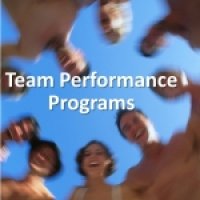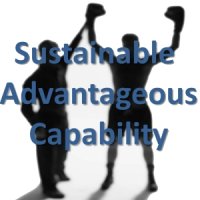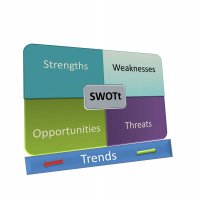Previously, I discussed a focus on processes, on the how. I'm going to next address some of the basics that still apply to today's environment and I believe always will. It is hoped that before you dive into any process, quality and/or quality improvement effort, that you'll consider these ideas if you haven't already.
The first idea is that you have to be grounded in reality such that it is. This means, you need to understand how things really work in your organizations. There really is no substitute to working with the people involved in the process to map things as they are and then question, with them, the assumptions as to why and what they are doing. I've done thousands of these mapping exercises with those involved in the process over the years. As I've walked through pulling out the description of the activities, the decisions, the resulting options…, in every case, without exception, I've found that they have new revelations about their own process (assumptions that were wrong, decisions that were not being made, roles that were not occurring…) This phenomenon was first explained to me by Dr. W Edwards Deming in grad school at which time I was not convinced.
Secondly, there are bad and good things to be learned from all these buzzword programs from TQM to Six Sigma to LEAN to TOC. I'll leave that to other posts to discuss these in detail but one key point is that, with all the focus by tens of thousands of professionals in this area, there are a lot of resources for learning from the successes and perhaps more so, learning from the failures.
Third, you need to recognize that service (or office) or non-manufacturing processes have similarities but also great differences from manufacturing processes; Along with this, understand that the opportunity with administrative/office processes for cost reduction and effectiveness improvement is actually far greater than with manufacturing but a bit more difficult to realize. The key difference is the impact of roles and the impact of suitability of the people performing the tasks of the process. To be good at a job over time, you have to have natural tendencies that fit, motivations that fit, preferences (task, work environment…) that fit and attitudes that don't conflict. So for individual elements of a job, the process tasks that people participate in- you need to understand how they will do over time. You should never begin an process initiative in the "office" without having assessed your people.
Fourth, even if you are focused locally on a process improvement project in a larger organization, you need to measure results at the organization level as it is more common than not for costs and wastes to simply be moved from the area of focus to one that is not being focused on. It's amazingly common that process improvement efforts greatly improve the local environment while making the overall situation worse by moving expenses, errors and often confusion to another department or location. You need to have a holistic approach!
Fifth, you need to go into the effort with a proven process to improve the process that fits your situation and not just borrow from a generic methodology or philosophy.


















